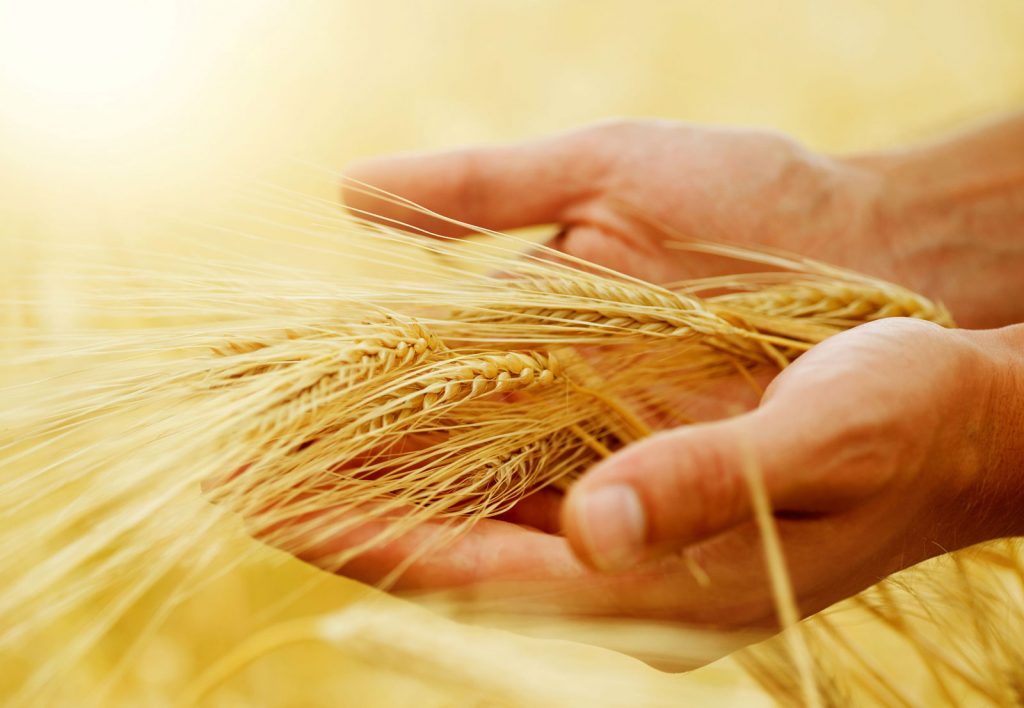
Italy and the European Union have always been in the vanguard regarding food safety and quality. To assure consumers of a high level of food safety and safeguard the agri-food sector from recurrent crises, the EU has adopted the farm to fork strategy to meet the challenge of assuring health and safe food along the whole food chain, with an integrated control system, based on a combination of high requirements for agri-food products for health and animal and plant welfare, whether produced in the EU or imported.
All Member States have to respect the same criteria and food and sanitary controls are carried out according to the same standard across the EU. By harmonising the sanitary regulations, the free movement of safe food was made possible, contributing significantly to the well-being of citizens and their social and economic interests.
There are about 15 levels in the control network in Italy, in addition to the cross-checks carried out by the milling industry as part of its own self-control systems, which guarantee food safety and the protection of consumer health. Systematic checks ensure full compliance with EU legislation on consumer health protection; thousands of samples are taken for hundreds of thousands of analyses, protecting the consumer and the milling industry itself.
Milling is generally a very simple and clean production process, in which the environmental impact is limited only to the consumption of electricity and the use of water in the conditioning phase. The greatest environmental impact of flour milling results from energy usage. Dust emissions to the environment are limited with the use of filters and hoses whilst noise levels are monitored.
The flour milling industry is naturally less environmentally intrusive than many other industries, and millers are keen to maintain this clean record by:
There has been a growing commitment to the sustainability of the transformation processes and the entire supply chain, with the development of agricultural models that have less impact on the environment. Some mills have joined local supply chains connecting the processing industry to farms, reducing transport emissions, which combines supporting the local community and environmental sustainability.